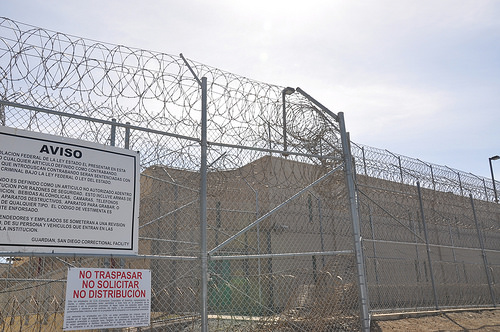
SERVING THE ‘NATIONAL INTEREST’?
Tribal Rights and Federal Obligations from Dakota Access to Keystone XL
by Monte Mills, Jurist
On March 23, Thomas A. Shannon, Jr., the Under Secretary of State for Political Affairs, determined (PDF) that issuing a permit to authorize the Keystone XL pipeline (KXL) “would serve the national interest.” In doing so, Under Secretary Shannon admitted that, from an environmental justice perspective, the 875 miles of the KXL traversing portions of Montana, South Dakota, and Nebraska, “could…disproportionally affect[ ]” Indian tribes in the region “should an oil release occur.”
The State Department’s national interest determination relied upon environmental reviews completed in 2014, but the legal, cultural, and social protests brought last year by the Standing Rock Sioux and other tribes to the Dakota Access Pipeline prompted a distinct shift in the world’s consciousness of tribal rights. Although the water protectors have been evicted from their camps and oil can now flow beneath Lake Oahe, Standing Rock’s legal challenge to the pipeline is yet to be resolved. As lawsuits over the State Department’s KXL decision begin to mount, the pending outcome of Standing Rock’s case may give tribes new grounds on which to challenge the State Department’s decision by properly protecting tribal treaty rights and the federal government’s trust responsibility to tribes.
Continue ReadingSERVING THE ‘NATIONAL INTEREST’?





